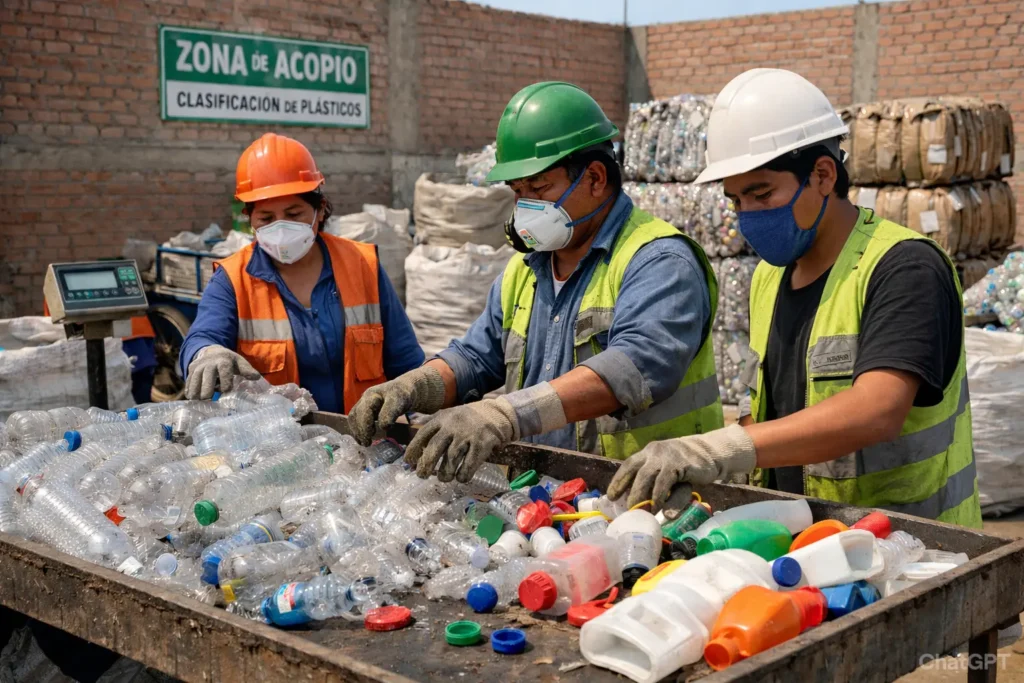Pia Zevallos - Libélula General Manager
In a context of growing urgency to curb climate change and its negative impacts on people, economies and the planet, corporate climate disclosure - led by the European Union - is moving from a voluntary action to improve investor relations to a legal obligation in several countries. European climate regulation seeks to influence the entire global value chain, thus impacting companies in Latin America.
As an initial step, the new European standards require companies to report the measurement of their greenhouse gas (GHG) emissions. In addition, in some cases, private organizations will be required to be transparent with their climate transition plans, which are the progressive emission reduction targets and the actions that will be taken to achieve them.
Currently, the most relevant European disclosure regulations for Latin American companies are:
The Border Carbon Emissions Adjustment Mechanism (CBAM) requires companies that import goods to report GHG emissions generated directly or indirectly. Currently only reporting emissions is required, and as of January 2026, a tax will have to be paid on these emissions.
The Corporate Sustainability Reporting Directive (CSRD), which comes into force in 2025, introduces a focus on transparency in reporting for the entire value chain, using the European Sustainability Reporting Standards (ESRS).
The European Supply Chain Due Diligence Act (CSDDD or CS3D) features a focus on suppliers' climate risks and will come into force in 2027.
The European Union Regulation against Deforestation (EUDR) applies to products associated with deforestation and will come into force at the end of 2025.
In the report "Compliance and Sustainability: Impact of European Legislation in Latin America," conducted this year by the Global Reporting Initiative (GRI) and nine law firms in Latin America, it was identified that in general regional regulations are not aligned with the requirements of international markets, so companies are not yet prepared to apply these changes to their disclosure processes. Adapting to them requires an investment of time and resources, a challenging action for SMEs, which represent 99.5% of companies in Latin America, according to the Organization for Economic Cooperation and Development (OECD).
In this context of climate regulation, it is essential that the legal and sustainability areas can work more collaboratively, the GRI report recommends. Most lawyers lack sustainability training and sustainability professionals require more legal guidance to avoid regulatory risks in climate actions and communications. Large companies should also support SMEs in their supply chain in this process.
Knowing and communicating the company's GHG emissions, its plans to reduce them and how it manages climate risks is not only a regulatory exercise, it is a strategy for competitiveness and resilience, because it allows companies to remain relevant in the global economy in the face of consumers who are increasingly concerned about sustainability.
Published in Gestión Newspaper




